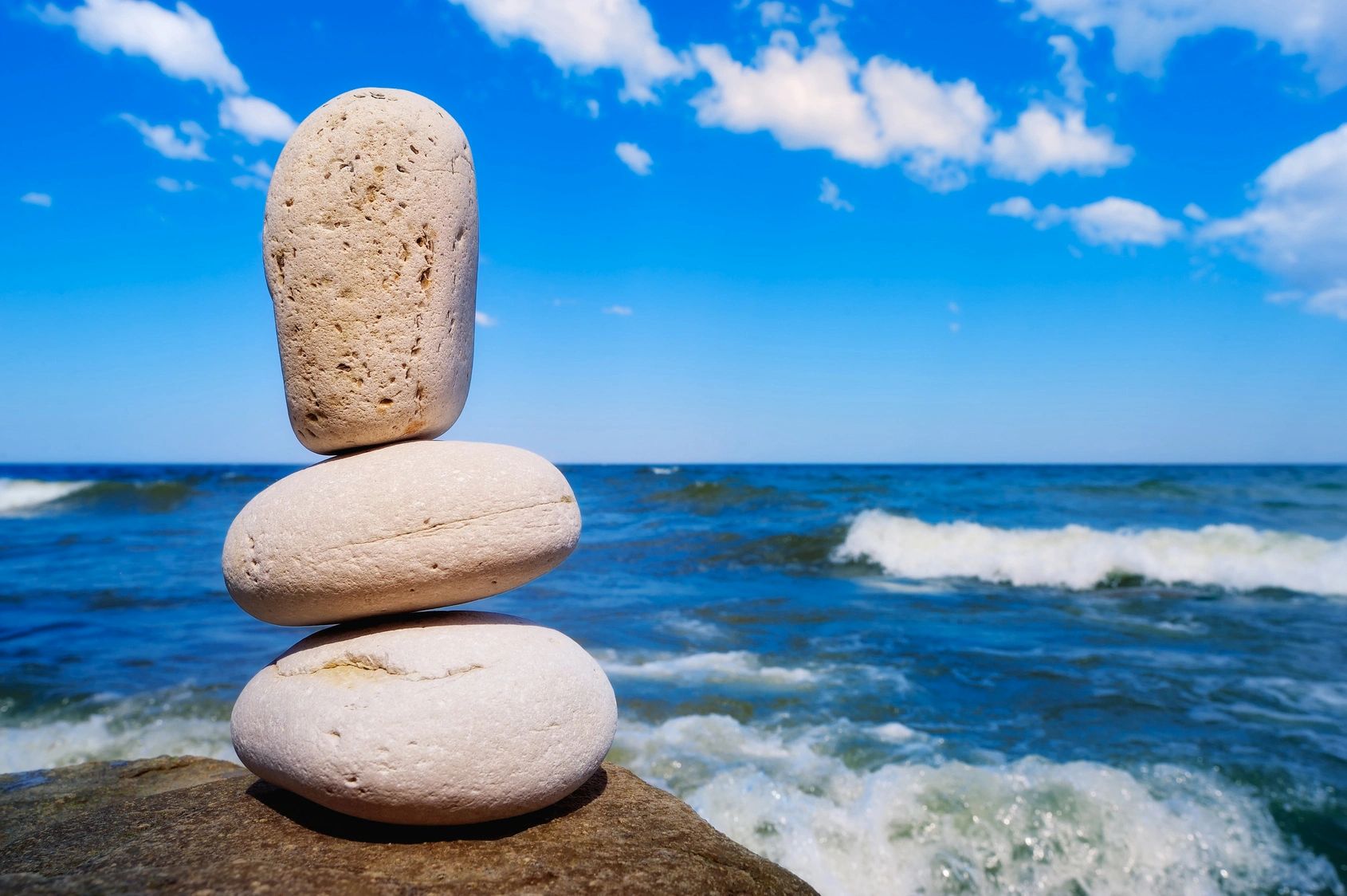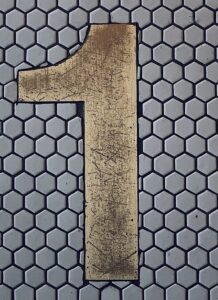The road to becoming a physician is filled with ups and downs, joy, and sadness, which culminate with the ultimate goal of matching into a residency program. To survive this vicious road, you innately develop coping mechanisms. Others simply work hard at learning how to deal with the journey. The 12 hour days of studying on a Saturday, sneaking away from a birthday party to go get some extra studying, not being in the moment and doing flashcards on your phone so that you don’t fall behind – these have become your norm, while your friends are out partying.
Are these “extra study times” worth it in the grand scheme? Will they help you get through med school?
Looking back, not really. I did all those above, and looking back, it took away from time spent with my wife and kids. I studied whenever I could, sometimes to my detriment. How much information was I really retaining looking at flashcards in the middle of a gathering with friends? Most likely not much, but for my internal psyche, this was one way of dealing with the pressure of medical school and to make sure that I was always in “study mode”. Even though I was an older med student, I felt everyone around me was always studying, and as they say, “When in Rome, do as the Romans do.”
In 2018 there were 42,190 examinees from US/Canadian schools and examinees from Non-US/Canadian schools around the world that took USMLE Step 1 (usmle.org). Yup around the WORLD. Most people don’t know or care about USMLE step 1, which is why your friends can go out and party without a care in the world, while you are busting your butt trying to get 1% better.
Will taking a day off every week affect my grades
My roommate during medical school is a Seventh-day Adventist. From sundown on Friday until sundown on Saturday evening, that time was dedicated to his faith, and faith-related activities in keeping with the Sabbath. He went to church and spent time with the congregation. He considered this time sacred and did not engage in any kind of work or anything related to school or medicine. He has been living this way as long as he could remember, so that was his norm. This did not change when he got accepted into med school; therefore, did this affect his performance in med school? The answer is NO. He was able to maintain stellar grades, was constantly acknowledged as one of the top performers in our class, and was a teacher assistant for one of our toughest classes, Pathology. He passed his Steps and matched into an internal medicine program, all while keeping the Sabbath. This was part of his normal life since childhood; therefore he has been learning how to study around the sabbath since grade school, so going into med school was just more of the same.
I, on the other hand, would be studying all weekend and not giving myself permission to not study. The only time I did not study in med school was the day after our block exams, which amounted to one day a month.
Imagine going to a med student right now and telling them, “you are forbidden from studying on Saturdays.” Instead of studying, do something relaxing, i.e spend time with your family, read a book for leisure, go for a walk in the park, go to the movies. I guarantee you most will look at you crazy and think that their whole world would crumble and that they would fail out of med school.
Yet, in reality we need the break from medicine. Becoming a physician in the U.S robs you of your 20’s and 30’s. Then you spend the next decade paying back student loans, and by the time you start to work and make decent money, you look up and you are in your 40’s and start to wonder, where the time went. Becoming a physician is a great career path, and one that takes dedication, however, why are there so many stories about physician burnout?
Burnout
“Burnout is a long-term stress reaction marked by emotional exhaustion, depersonalization, and a lack of sense of personal accomplishment” (AHRQ.gov).
Physicians that have gone through the U.S system simply do not know how to reduce stress. The education system has forced you to be under constant stress since high school, in order to attain the best grades, to conquer the MCAT, to get into the best med-school, etc. Yet, how many times during the process do they tell you to stop and look at the bigger picture, to take time out for yourself, to educate you about well-being? For me, I did not get any of that until I got into residency.
ACGME accredited residency programs require residency well-being.
If you have gone all your life with bad habits those bad habits can be hard to break. As a resident physician, depending on your training path, you will actually get time for yourself, and it’s important to learn how to step away from medicine. Even if you are in a super competitive specialty, you need to learn how to live life outside of medicine. Otherwise, you will not last long in a career that you spent all your adult life training for.
Relieving Stress in Medicine
I was lucky to go to a great undergrad with a big sports program, so it was the norm for people to be active and workout on a regular basis. In my sophomore year of undergrad, I picked up weight lifting and running. The gym and working out has been part of my daily routine since 2002.
Although I studied my butt off during med school, I did take time for myself to go to the gym. Our campus has a gym, and honestly, it was used by the same 10-15 people. Our classes usually started at 8 am and we had a 1-hour lunch break. The gym would open at 7 am, and that’s when I would get my work-out in, even on exam days. Somedays I would go during lunch and just eat during the lecture. This has been my way of dealing with stress and has allowed me to get through med school without feeling the stress of medical school outside the block exams.
As stated, the gym and running have been my safe space since 2002, and that has carried with me until today as a second-year resident physician. I simply make time for it, and I feel better when I do something active for the day.
In medicine, it’s important to find a safe space. Having a career as a physician is great; however, at the end of the day, it is a Job. You need to learn to separate your time away from your job.
I’m not saying you need to pick up weight lifting or running – however, you need to find something that de-stresses you. For you is it playing the piano, guitar, painting, creating Tik Tok videos, spending time with your family, enjoying a glass of wine, playing basketball, Netflix, reading..? If you are able to partake in and enjoy these activities I think you will avoid the dreaded “Burnout”.
At the same time, it is easy to constantly be thinking about medicine and to be worried about your patients; however, how will that benefit you? Imagine getting off a 12-hour shift from the hospital. You go home and you turn on the computer and start checking your patient’s vitals, labs, and pending radiology studies. Next thing you know it’s midnight and you need to be at the hospital by 6 am. This cycle has happened to me. You become invested in your patients and want the best for them, however, at what cost? For those of you, who have ever been on an airplane, they tell you in case of an emergency, “put your oxygen mask on first”. There’s a reason for that. If you pass out while trying to help one person, that’s it. However, if you put your mask on first you can potentially help many more individuals.
You trained your whole adult life to become a physician. If you can maintain the same joy that attracted you to medicine in the first place, this is a career that you can do for a long time. It’s vital that you take care of yourself and find ways to de-stress away from medicine. When you leave the hospital or clinic there is a life waiting for you. Your family, friends, and loved ones and YOU will benefit from learning when to let go otherwise your career will not last long.




